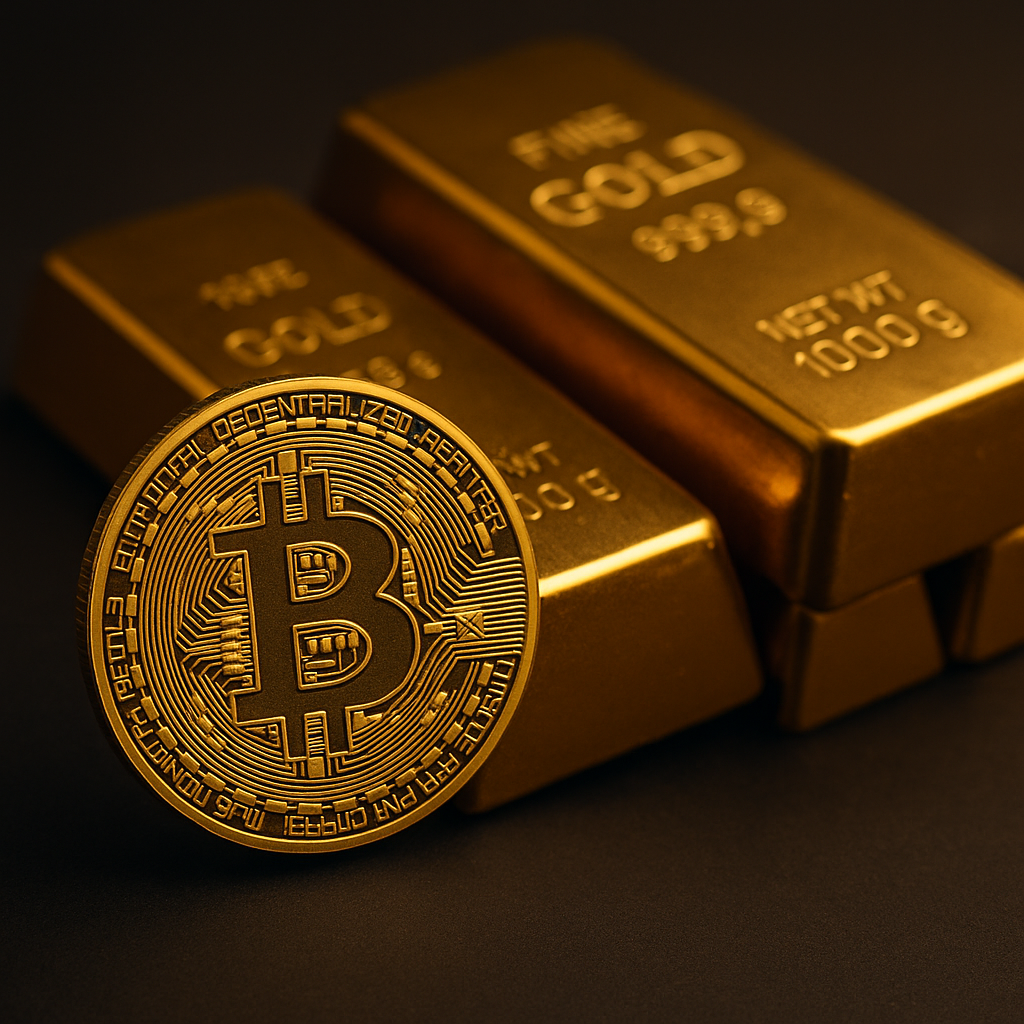Are there no stores of value 🥲?

In the blockchain world the phrase "Bitcoin is digital gold" gets thrown around a lot. They are considered "stores of value": they supposedly preserve purchasing power over time - at least better than other alternatives.
The properties that make for a good store of value are durability, scarcity or supply control, stability of value, liquidity and social trust.
The last one, scarcity or supply control, underpins the stability of value and the social trust too: if the supply is limited or predictable it can't be artificially inflated, hence the value is more stable and is more trustworthy.
For Bitcoin, the narrative says there are only going to be 21M Bitcoin in existence ever, enforced by the code that every node runs. Truly, this is more of a social narrative than anything else, because code is easy to change, and forks that add new features (or change supply caps) are relatively easy to make happen if there is social consensus. These happen all the time in Ethereum and other chains. What will happen when we mine the last Bitcoin and the incentives to keep producing blocks are only transaction fees? There could be many other solutions (out-of-protocol incentives) or maybe transaction fees will really be enough!
For Gold, the assumption was that gold can only be formed in supernova and neutron star collisions and the one that we have in the earth's crust has arrived to us via asteroid collisions! We don't know how much gold is there, but we know it's finite and that supply is about 3000 tonnes/year. Also, we are limited by how hard and expensive is to extract the remaining gold and, on the other hand, we get more chances by technological advancement and new deposits discovered. Seems more restricted than the social consensus underpinning Bitcoin's supply!
But a new paper by the team at Marathon Fusion describes a way to create gold in fusion reactor plants.
Alchemy's dream! The Philosopher's Stone!
But... how much gold can we get? With this method, a deuterium-tritium (D-T) fusion plant could produce around 5 tons/year. But... we don't really have any of these yet, and there are significant engineering and economic challenges to overcome to make them a reality. In fact, turning them into gold production machines could relax some of the economic constraints and help us get to clean fusion energy faster!
So, much like Bitcoin's fixed supply narrative has its flaws, seems like gold's narrative is being poked as well. That said, D-T plants are far from becoming a reality and are not expected to be until 2035-2050 for commercial applications.
Energy, and cheap energy at that, is much more exciting to me than gold - but if gold can help us get there faster, that works for me!




